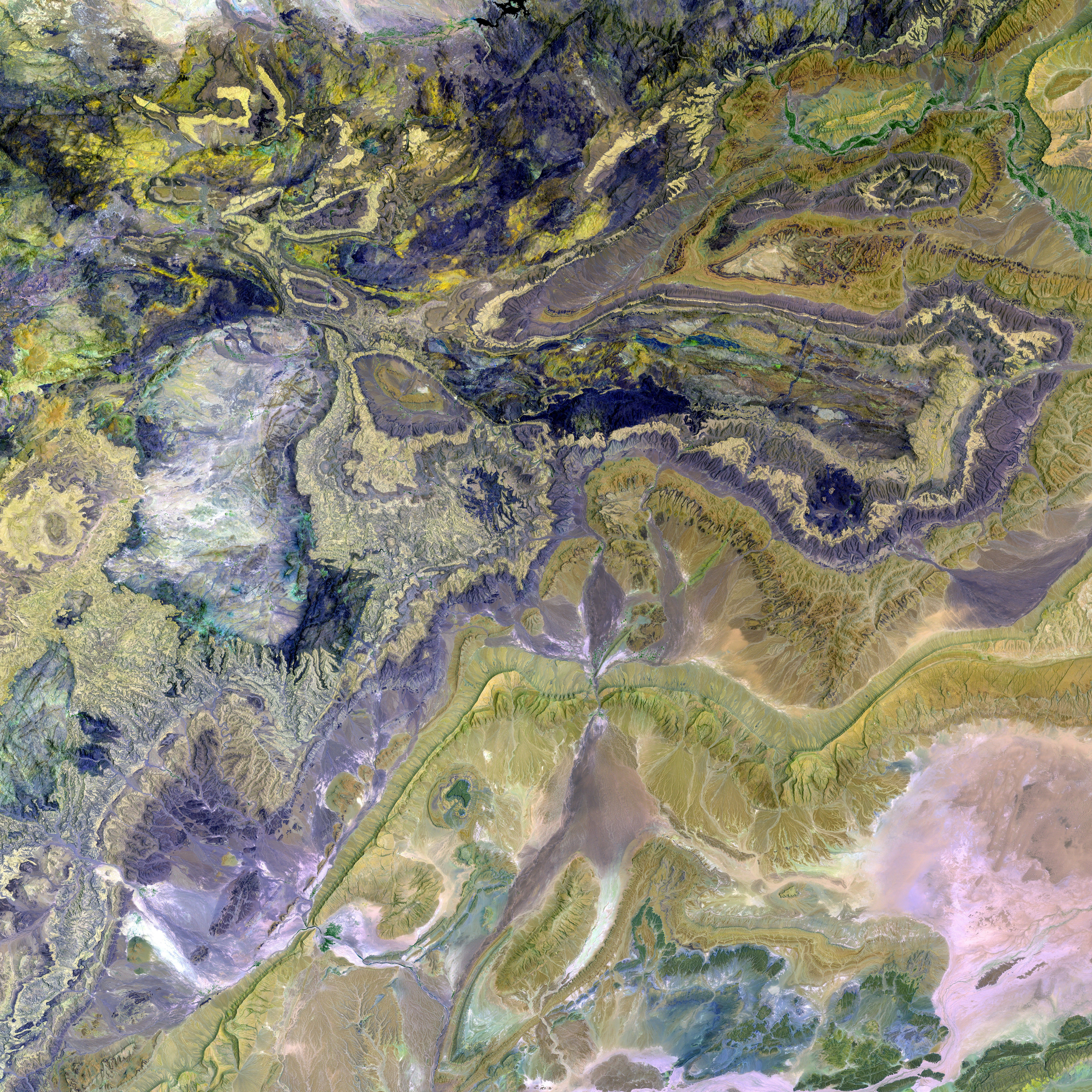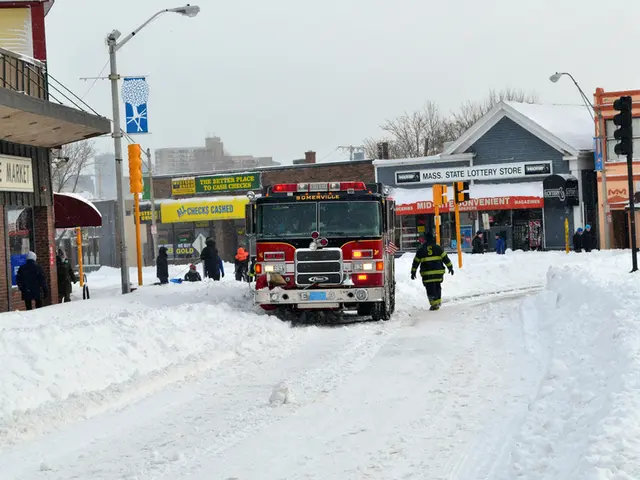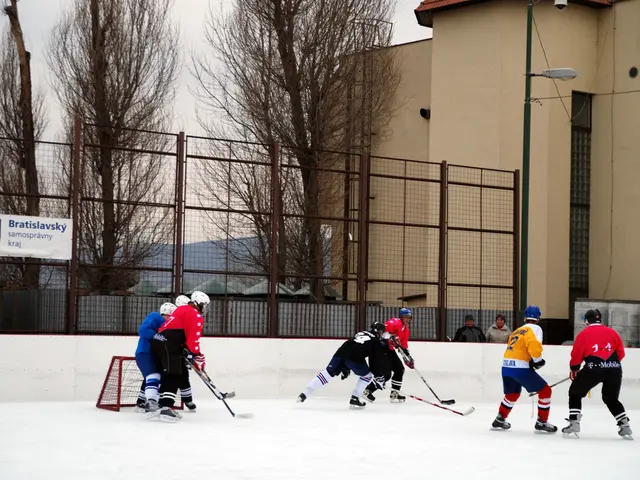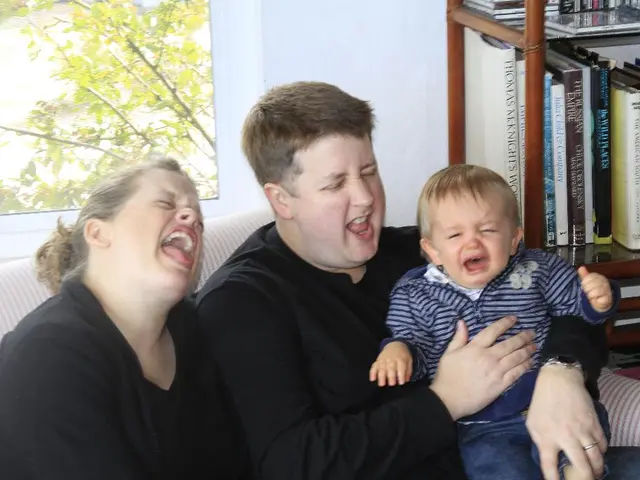New Gaza Aid Plan Triggers Warnings from UNICEF
International authorities express grave concerns over proposed humanitarian plan for Gaza, deeming it potentially perilous
Hey there! Let's dive into some heavy but important stuff happening in Gaza. A new international aid plan has surfaced, but it's causing a stir, especially among humanitarian workers.
Unicef, the United Nations children's fund, is sounding the alarm over an proposed aid plan by a foundation. The concern? Victims of war, the elderly, sick, and injured might not make it to the designated aid distribution centers. If goods are only available at these centers, as announced, they could get caught up in crossfire or simply not be able to reach them.
Unicef spokesman James Elder doesn't mince words in Geneva: "This plan could lead to more children dying and being injured or exposed to even greater risks." Ouch, that's grim.
Mirroring Israeli Plans
The foundation in question, the Gaza Humanitarian Foundation (GHF), is based in Geneva. Their plan resembles an already rejected Israeli government plan – a spooky deja vu for UN officials. According to two unnamed UN sources, the GHF plan is close to the Israeli one, which was previously vetoed by UN organizations due to its humanitarian shortcomings.
Behind the Scenes
The GHF plan aims to supply 1.2 million Palestinians initially via four centers, eventually reaching all 2 million Gaza Strip residents. The foundation is spearheaded by the founder of Team Rubicon, Jake Wood, a US military veteran, with former head of the UN World Food Programme (WFP) and Republican US politician David Beasley onboard as an advisor.
Israeli forces have halted aid deliveries to Gaza for over two months now. They claim the Palestinian terrorist organization Hamas exploits aid goods by selling them at inflated prices to fund fighters and arms.
Now, here's where things get real:
- Effectiveness and Suffering: UNICEF is worried that the new plan could increase human suffering instead of alleviating it.
- Aid Interception: Keeping aid from falling into Hamas's hands is a concern for all parties, and this issue needs to be addressed to ensure that aid flows to civilians as intended.
- Collaboration and Coordination: With so many players involved, it's critical to establish smooth collaboration and integration with existing aid efforts.
- Security and Access: Incorporating private security at distribution sites could raise safety and access concerns. Making sure security measures don't compromise civilian safety and access is paramount.
Stay sharp and let's hope this aid plan gets the tweaks it needs to help those in need without causing more harm. Peace out! ✌️
- The Gaza Humanitarian Foundation's plan, mirroring the Israeli one previously vetoed by UN organizations, has been met with concerns by UNICEF, who believe it could exacerbate human suffering instead of alleviating it.
- One pressing issue is ensuring that aid doesn't fall into the hands of Hamas, a concern shared by all parties involved. Addressing this issue is crucial to ensure that aid intended for civilians actually reaches them.
- With numerous players involved in the aid efforts, it's essential to establish harmonious collaboration and integration among them to maximize the success and efficiency of the aid plan.
- Implementing private security at distribution sites could raise safety and access concerns, underscoring the importance of ensuring that such security measures don't compromise civilian safety and access while still maintaining the necessary level of security.
- As political tensions and risks lurk in war-and-conflicts zones like Gaza, the employment policy of all the involved organizations, including reservists, needs to prioritize safety, efficiency, and excellent communication, especially via platforms like WhatsApp, in politics, crime-and-justice, general-news, and humanitarian contexts to facilitate smooth collaboration and minimize misinformation.








